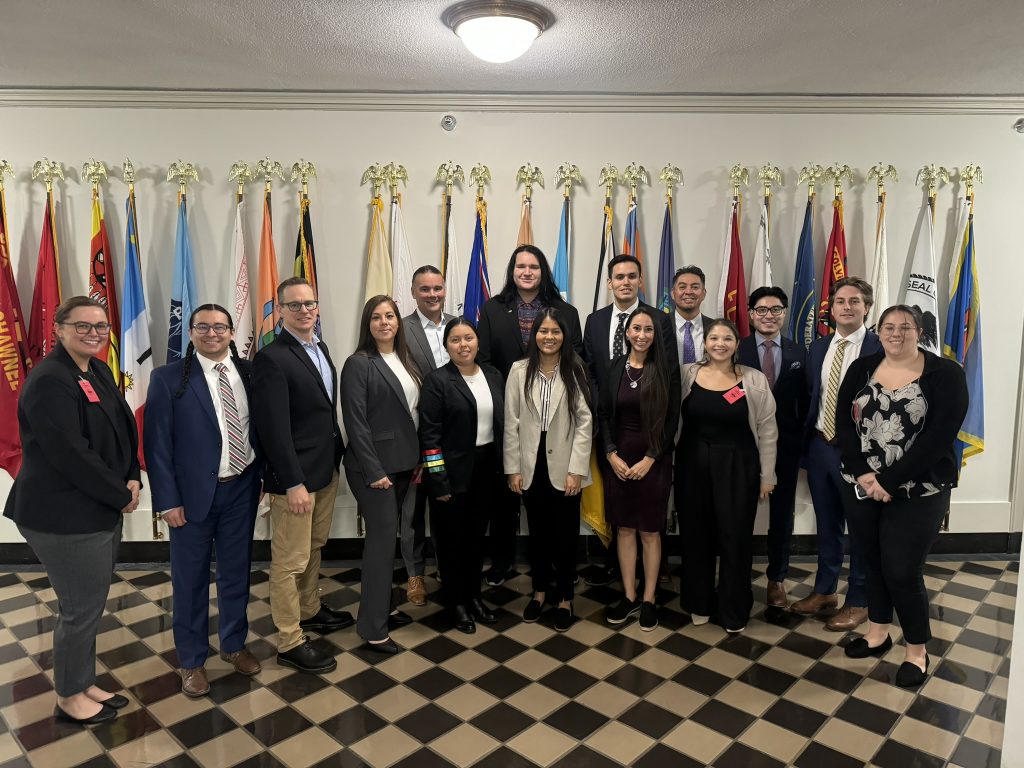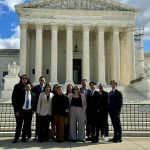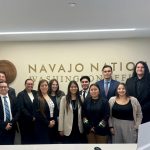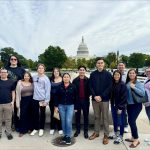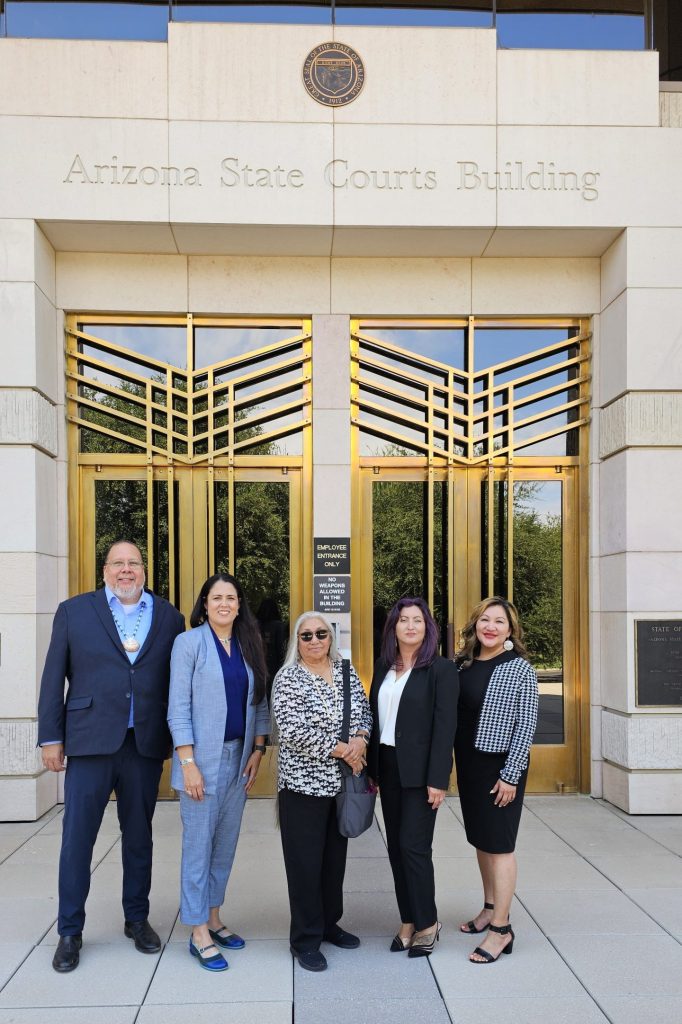The Tulalip Tribes of Washington is a federally recognized Indian Tribe located on the Tulalip Reservation in the Puget Sound, approximately 30 miles north of Seattle. The Tulalip Office of Civil Legal Aid (TOCLA) is a tribal civil legal aid office that provides free legal assistance to low-income tribal members with general civil legal issues including those that affect safety, family integrity, health, access to public benefits, and education. Collectively, TOCLA assists clients in identifying legal and non-legal needs, then works with them holistically to address barriers to accessing services. TOCLA currently houses four legal divisions: Civil Legal Aid Victim Advocacy, Parent Dependency Representation, and Children Dependency Representation. The Tulalip Office of Civil Legal Aid has a rare opening for a children/youth attorney, and a youth attorney fellow in their dependencies unit.
YOUTH ATTORNEY POSITION
TOCLA is looking for an attorney with a passion and commitment to representing children and youth in dependency cases. We follow Washington State’s Children’s Representation Practice, Caseload, and Training Standards, but we hold a smaller caseload to ensure that we spend the appropriate amount of time with each client, and on every case. TOCLA has an excellent dependency division of four other experienced dependency practitioners, including a NACC Child Welfare Law Specialist, and over 37 years of combined dependency practice experience across various tribal and state jurisdictions. We are a fun, supportive office who loves our work helping others through holistic and zealous legal advocacy. Our clients are amazing, and the legal community at Tulalip is supportive and innovative.
The Tulalip Office of Civil Legal Aid offers a generous compensation package that exceeds most public defender/legal aid salaries. Benefits include up to six weeks of annual leave per year depending on experience, extensive annual training and professional development opportunities, excellent health insurance, a 401K contribution, and PLSF eligibility. Salaries depend on experience, but they start at $115,000 per year. This is an exempt, salaried 40 hour per week position. TOCLA is a community-based tribal law office that provides weekly remote work opportunities and some schedule flexibility.
If you have questions about the position, please contact TOCLA’s supervising attorney Chori Folkman at: cfolkman@tulaliptribes-nsn.gov. Applicants should go to this website to apply: https://employment.tulaliptribes-nsn.gov/job/300/child_advocate_attorney_open_until_filled Applicants who are Native American or other people of color, members of the LGBTIA+ community, people with disabilities, members of other underrepresented or marginalized groups, or those with lived experienced are especially encouraged to apply. This position will be open until filled.
POST GRADUATE YOUTH ATTORNEY FELLOW POSITION:
TOCLA is looking for a qualified and passionate candidate to fill their Post Graduate Children’s Attorney Fellow position.
TOCLA and the Tulalip Tribal Court received a grant to fund a post graduate fellowship opportunity for recent law grads to gain experience as a youth attorney in a tribal dependency court system in efforts to expand the interest and commitment of new attorneys into the field of youth representation in tribal dependency matters. Fellows will gain an understanding of tribal and state dependency and child welfare practice, while obtaining experience working directly with children and youth clients under the supervision of experienced child welfare attorneys. Fellows do not need to have passed the WA State Bar exam, but can practice as a Rule 9 intern under attorney supervision. The fellowship lasts for eight months, and the fellow will be paid a competitive salary for a 32 hour a week position.
If you have questions about the position, please contact TOCLA’s supervising attorney Chori Folkman at: cfolkman@tulaliptribes-nsn.gov. Applicants should go to this website to apply: https://employment.tulaliptribes-nsn.gov/job/298/attorney_childrens_fellow_open_until_filled Applicants who are Native American or other people of color, members of the LGBTIA+ community, people with disabilities, members of other underrepresented or marginalized groups, or those with lived experienced are especially encouraged to apply. This position will be open until filled.
